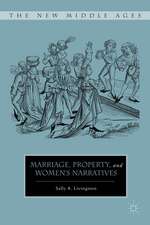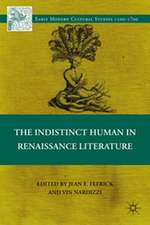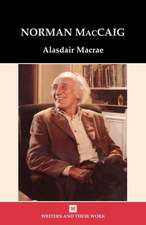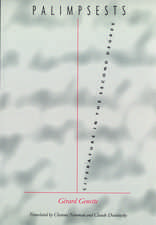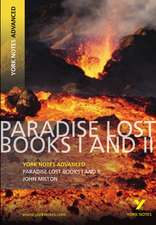Mervelous Signals: Poetics and Sign Theory in the Middle Ages
Autor Eugene Vanceen Limba Engleză Paperback – 31 dec 1988
The investigation of language, of how (and what and why) signifiers signify, is prominent in modern critical work, but the questions being asked are by no means new. In Mervelous Signals, Eugene Vance asserts that "there is scarcely a term, practice, or concept in contemporary theory that does not have some rich antecedent in medieval thought." He goes on to illustrate the complexity and depth of medieval speculations about language and literature.
Vance's study of the link between the poetics and semiotics of the Middle Ages takes both a critical and a historical view as he brings today's insights to bear on the contemporary perspectives of such works as St. Augustine's Confessions, the Chanson de Roland, Chrétien's Yvain, Aucassin and Nicolette, Spenser's The Faerie Queen, and certain aspects of the works of Dante and Chaucer and of French medieval theater.
Preț: 223.07 lei
Nou
Puncte Express: 335
Preț estimativ în valută:
42.68€ • 46.51$ • 35.97£
42.68€ • 46.51$ • 35.97£
Carte tipărită la comandă
Livrare economică 23 aprilie-07 mai
Preluare comenzi: 021 569.72.76
Specificații
ISBN-13: 9780803296084
ISBN-10: 0803296088
Pagini: 365
Dimensiuni: 152 x 229 x 15 mm
Greutate: 0.56 kg
Ediția:Revised
Editura: Nebraska
Colecția University of Nebraska Press
Locul publicării:United States
ISBN-10: 0803296088
Pagini: 365
Dimensiuni: 152 x 229 x 15 mm
Greutate: 0.56 kg
Ediția:Revised
Editura: Nebraska
Colecția University of Nebraska Press
Locul publicării:United States
Notă biografică
Eugene Vance, a professor of comparative literature at Emory University, is the author of Reading the Song of Roland (1970) and From Topic to Tale: Logic and Narrative in the Middle Ages (1986).
Recenzii
"As one of the very few books that competently span the millennium of the Middle Ages as well as the spectrum of modern critical approaches, Vance's Mervelous Signals should stand as a monument and exemplar to fellow medievalists, as well as providing inspiration for years to come."—Envoi
"A highly valuable contribution to medieval literary studies in its individual readings as well as in its illumination of literary theory."—Style
"Often brilliant, and always stimulating."—Studies in the Age of Chaucer



